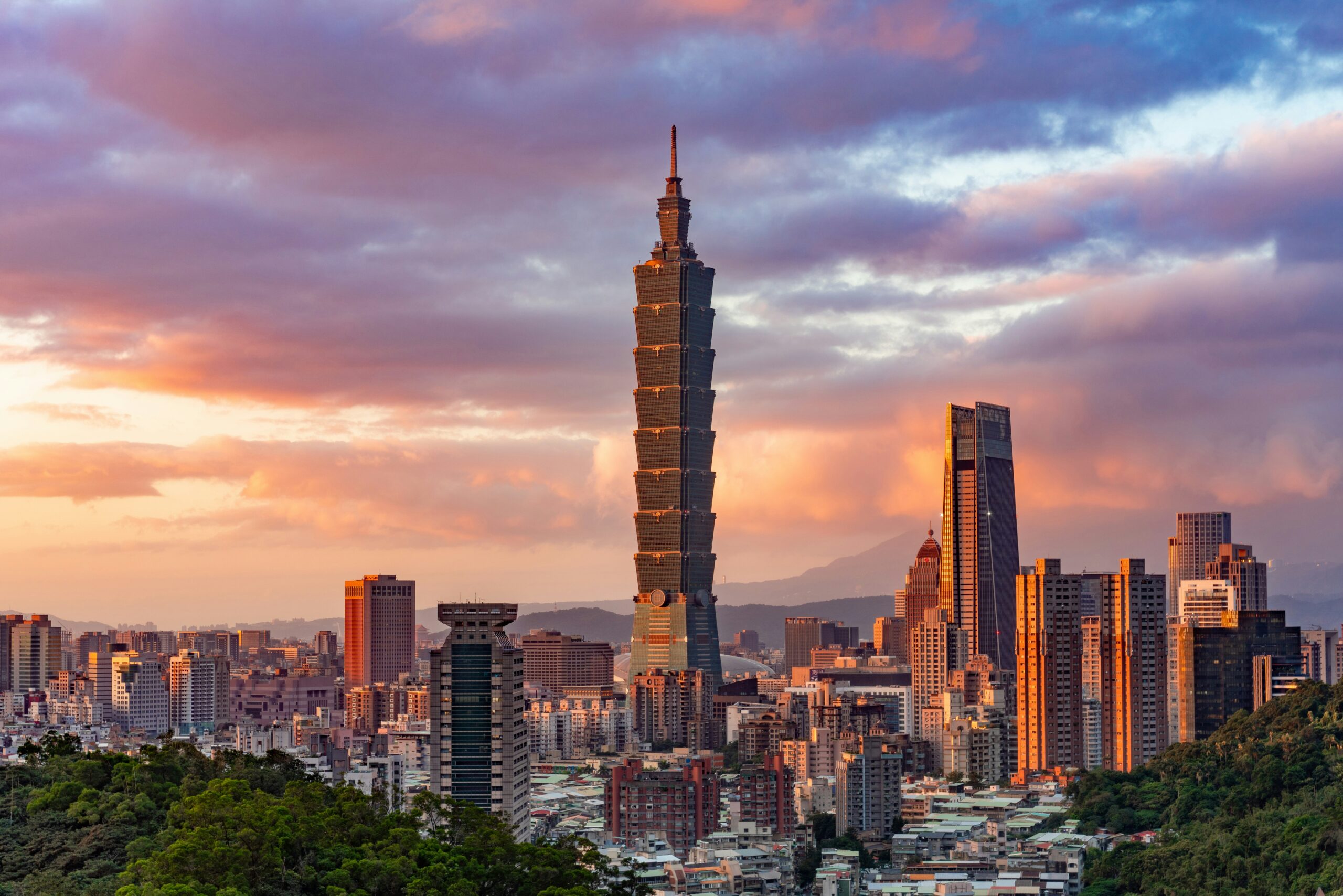When you walk through Taipei’s narrow alleys and look up at its gleaming skyscrapers, it’s hard to imagine that these very structures might hold the key to the island’s future resource security. Yet, for Taiwan’s leading recyclers and metal refiners, the urban landscape itself has become a mine an urban mine.
With global concern mounting over sustainable supplies of critical materials like nickel, cobalt, and lithium, Taiwan’s industries are turning inward. Instead of extracting more from the earth, they’re recovering valuable metals from existing products and infrastructure reducing waste, cutting emissions, and reshaping industrial ecosystems in the process.
Urban Mining: Turning Waste Into Resources
Urban mining refers to reclaiming valuable materials from human-made sources such as discarded electronics, buildings, and industrial waste. It’s a form of recycling that goes far beyond plastic bottles and aluminum cans recovering copper and zinc from demolished buildings, or gold and silver from old smartphones, to be refined back into industrial-grade quality.
The need for this approach is growing urgent. Global material extraction has soared from 30 billion metric tons in 1970 to over 100 billion in 2024, while the green energy transition will demand an estimated 3 billion tons of new minerals and metals. Mining these resources is carbon-intensive and environmentally destructive, yet essential for modern technologies from semiconductors to solar panels.
Taiwan’s Circular Approach
Taiwan, a key global hub for electronics manufacturing, has few natural resources of its own. This scarcity has driven innovation. Two of its leading companies Solar Applied Materials Technology Corporation and Tung Ho Steel Enterprise Corporation are pioneering ways to build a truly circular economy.
Solar Tech, one of the world’s top producers of sputtering targets used in semiconductors and displays, sources about 80% of its raw materials through recycling. “That’s why we call ourselves a circular economy company,” says Solar Tech chairman C.F. Huang.
The company refines precious metals like gold and silver to 99.99% purity and recycles eight key elements, including gallium and indium—vital for WiFi, touchscreens, and solar technologies. In 2022, Solar Tech recycled 247 metric tons of materials, cutting carbon emissions by over 440,000 metric tons.
“Taiwan has no mines,” explains Ben Hong, the company’s vice president. “If we can’t recycle it, we have to import it. Everything would come from a mine somewhere.”
Solar Tech’s system operates in close collaboration with its customers, who provide used wafers, spent targets, and circuit boards the same clients who later buy back the refined materials. This closed material loop minimizes waste and fosters industrial interdependence.
Steel, Sustainability, and Cooperation
Meanwhile, Tung Ho Steel, Taiwan’s largest recycled steel manufacturer, takes a different but equally innovative approach collaborating not just with customers but with competitors. Together with other major steelmakers, Tung Ho helped form the Taiwan Steel Union (TSU), a joint initiative aimed at reducing waste and pollution.
The alliance was born from necessity. In the 1990s, pollution from steel dust contaminated nearby farms, prompting Tung Ho’s leadership to seek collective action. By 1999, the major players had built a shared recycling plant capable of treating up to 200,000 tons of industrial waste per year.
“TSU is one of the biggest urban mines in the world,” says Sean Lin, the union’s general manager. The process not only prevents contamination but also generates a valuable byproduct zinc oxide, used to prevent rust and as a potential alternative for EV battery materials. In 2021 alone, TSU recycled over 51,000 U.S. tons of zinc oxide and reduced carbon emissions by 47,000 tons.
Lessons from an Island of Innovation
Taiwan’s success in urban mining highlights a powerful lesson: sustainability depends on cooperation. No single company can manage the complex mix of materials involved in modern recycling. Partnerships between industries, competitors, and even nations are essential for scaling sustainable solutions.
While Taiwan’s circular systems are not yet fully closed-loop, they offer a glimpse of what’s possible. In a world of finite resources, the island’s cities and industries are proving that innovation doesn’t always mean digging deeper it can mean rethinking what we already have.
As the planet approaches material limits, the future may depend not on finding new mines beneath the ground, but on rediscovering the ones we’ve already built above it.


